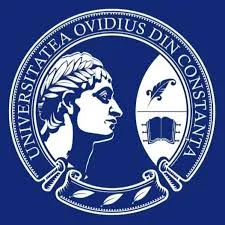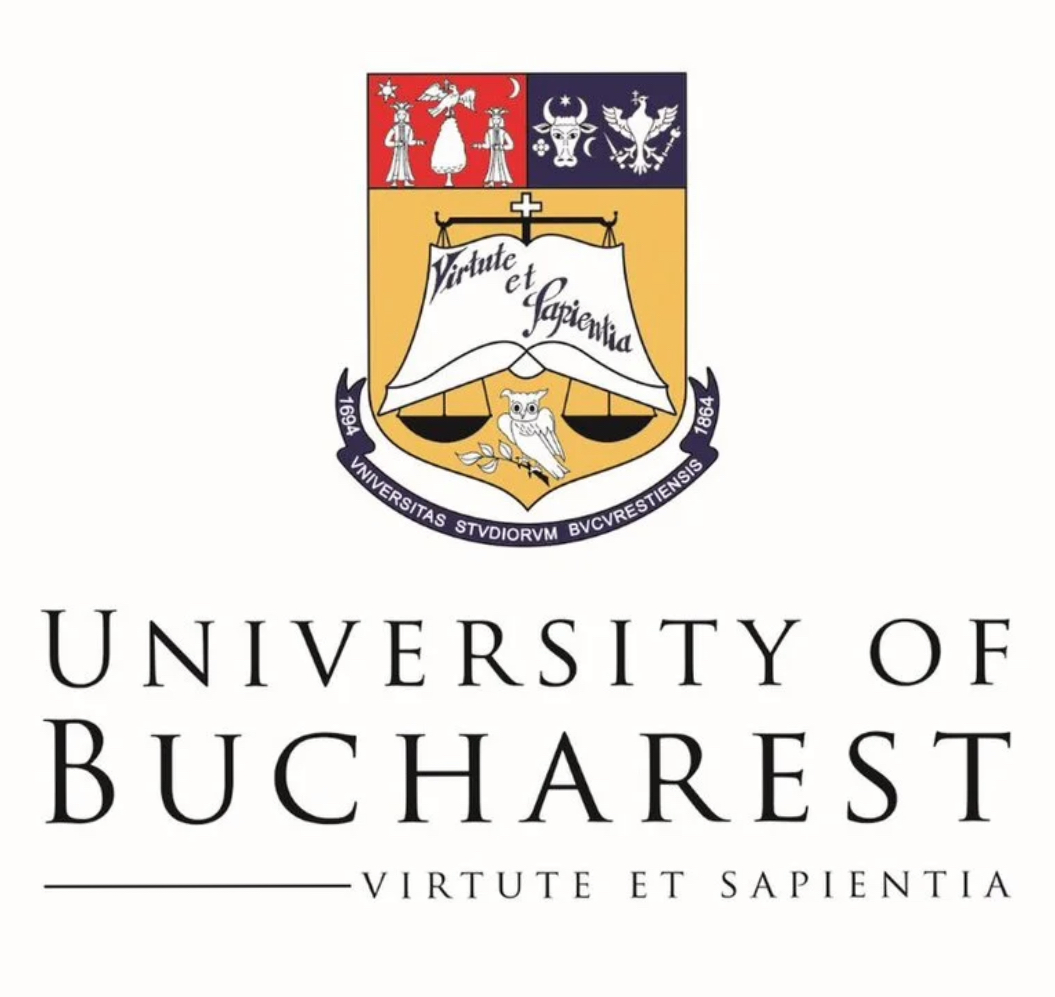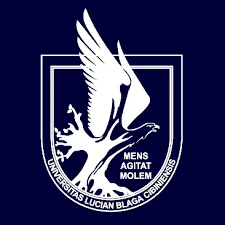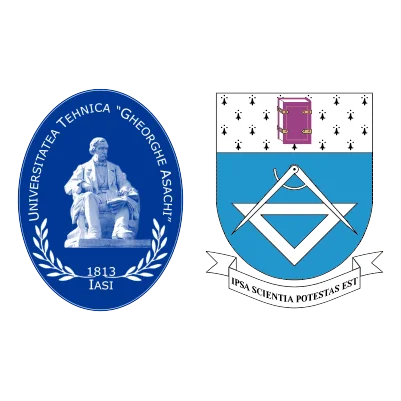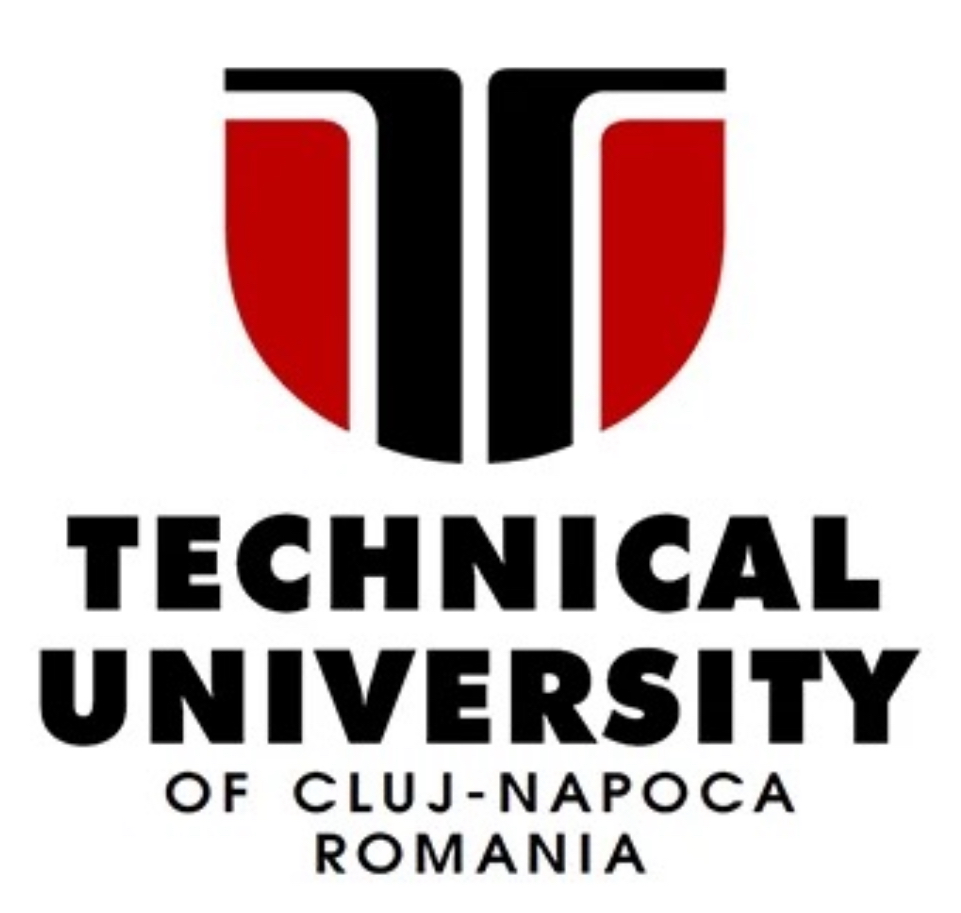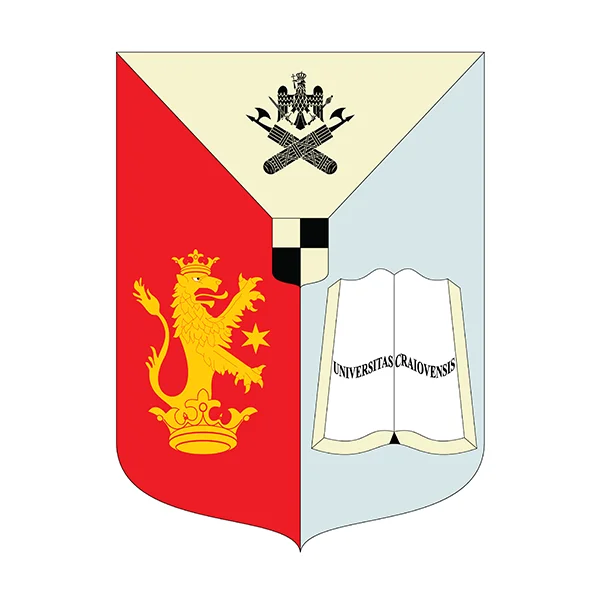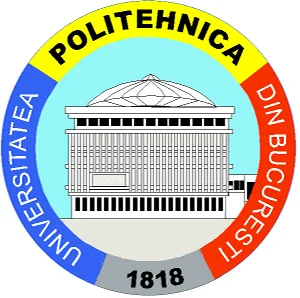جامعة ستيفان سيل ماري في سوسيفا
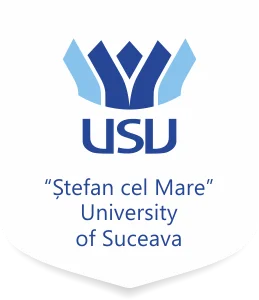
جامعة ستيفان سيل ماري في سوسيفا
جامعة "Ştefan cel Mare" في سوتشافا (USV): نظرة عامة شاملة
تأسيس الجامعة وتاريخها:
جامعة "Ştefan cel Mare" في سوتشافا (Universitatea "Ştefan cel Mare" din Suceava - USV) هي جامعة حكومية رومانية مرموقة، سميت على شرف الأمير المولدوفي الشهير ستيفن الكبير ("Ştefan cel Mare").
- البداية: تأسست في عام 1963 كمعهد تربوي بهدف إعداد المعلمين.
- التطور: مرت بمراحل تطور مختلفة، لتصبح في عام 1990 جامعة متكاملة. هذا التأسيس الرسمي كجامعة يعكس توسعها الكبير في البرامج والتخصصات.
تُعد USV اليوم مركزًا تعليميًا وبحثيًا هامًا في شمال شرق رومانيا، وتساهم بشكل كبير في بناء هوية حديثة للمجتمع المحلي.
الموقع والحرم الجامعي:
تقع الجامعة في مدينة سوتشافا (Suceava)، وهي مدينة تاريخية في منطقة بوكوفينا شمال شرق رومانيا. تتميز المدينة بجمالها الطبيعي وتاريخها الغني، وتوفر بيئة هادئة ومناسبة للدراسة.
يمتلك حرم الجامعة مرافق حديثة ومتكاملة، بما في ذلك:
- مباني أكاديمية مجهزة.
- مكتبة ضخمة تُعد واحدة من أكبر المكتبات الجامعية في رومانيا.
- مختبرات متطورة.
- مرافق رياضية.
- قاعات محاضرات ومدرجات.
- مساكن طلابية (مهاجع)، على الرغم من أن عدد الأماكن المخصصة للطلاب الدوليين قد يكون محدودًا، لذا يُنصح بالوصول مبكرًا لضمان توفر السكن.
السمعة والتصنيفات والاعتمادات:
تُعد جامعة "Ştefan cel Mare" من الجامعات الديناميكية في شرق أوروبا، وتقدم تعليمًا عالي الجودة بتكلفة معقولة.
- تصنيفات QS World University Rankings:
- صُنفت في المرتبة 1401+ عالميًا في تصنيف QS World University Rankings 2024.
- صُنفت في المرتبة 1251+ عالميًا في تصنيف QS World University Rankings: Sustainability 2025.
- تصنيفات THE (Times Higher Education) World University Rankings: صُنفت ضمن أفضل 1201+ جامعة عالميًا.
- تصنيفات إقليمية: حصلت على المرتبة 172 في تصنيف QS University Rankings: EECA Emerging Europe & Central Asia 2021.
- الاعتراف: الجامعة معتمدة من قبل الوكالة الرومانية لضمان جودة التعليم العالي (ARACIS) ومعترف بها دوليًا.
الحياة الطلابية والأنشطة اللامنهجية:
تُشجع الجامعة على الحياة الطلابية النشطة وتوفير بيئة داعمة للطلاب. هناك العديد من النوادي والجمعيات الطلابية التي تُنظم فعاليات ثقافية، اجتماعية، ورياضية.
توفر الجامعة:
- سكن طلابي: مهاجع طلابية مجهزة.
- نادي الطلاب الدوليين: لتعزيز الأنشطة الثقافية والمساعدة في اندماج الطلاب الدوليين.
- مرافق ترفيهية: صالات ألعاب رياضية، مقاهي، ومسارح.
- خدمات دعم: توفير المساعدة للطلاب الدوليين في إجراءات القبول والتأشيرات.
فرص البحث والابتكار:
تُركز USV على البحث العلمي والتطوير المستمر. تضم الجامعة مراكز بحثية ومختبرات متخصصة تُجري أبحاثًا في مختلف المجالات العلمية والتكنولوجية. تُشجع الجامعة أعضاء هيئة التدريس والطلاب على المشاركة في المشاريع البحثية والمؤتمرات العلمية لتعزيز الابتكار.
آفاق العمل للخريجين:
تهدف الجامعة إلى تخريج مهنيين مؤهلين تأهيلاً عالياً لمواجهة تحديات سوق العمل. تُشير الجامعة إلى أن خريجيها يجدون فرص عمل في مجالات تخصصاتهم داخل رومانيا وخارجها.
البرامج الأكاديمية والتخصصات:
تقدم جامعة "Ştefan cel Mare" مجموعة شاملة من البرامج الأكاديمية على مستويات البكالوريوس، الماجستير، والدكتوراه، بالإضافة إلى برامج ما بعد الدكتوراه والتعليم المستمر. تضم الجامعة عددًا من الكليات التي تغطي مجموعة واسعة من التخصصات، بما في ذلك:
- كلية الهندسة الكهربائية وعلوم الحاسوب: (هندسة الحاسوب، علوم الحاسوب، الإلكترونيات، الاتصالات).
- كلية الهندسة الميكانيكية، السيارات والروبوتات: (الهندسة الميكانيكية، هندسة السيارات، الميكاترونكس).
- كلية العلوم الاقتصادية والإدارة العامة: (الاقتصاد، إدارة الأعمال، المالية، المحاسبة، الإدارة العامة).
- كلية التاريخ، الجغرافيا والعلوم الاجتماعية.
- كلية الآداب وعلوم الاتصال: (اللغات، الآداب، الصحافة).
- كلية الطب والعلوم البيولوجية: (الطب العام، التمريض، العلوم البيولوجية).
- كلية الهندسة الغذائية.
- كلية التربية البدنية والرياضة.
- وغيرها من الكليات في مجالات العلوم، الزراعة، والتكنولوجيا.
توفر الجامعة برامج باللغة الرومانية، وبعض البرامج تُقدم باللغة الإنجليزية، مما يتيح خيارات للطلاب الدوليين.
رسوم الدراسة للطلاب الدوليين:
تُعتبر الرسوم الدراسية في الجامعات الرومانية بشكل عام معقولة مقارنة بالعديد من الدول الأوروبية الأخرى. تختلف الرسوم في جامعة "Ştefan cel Mare" بسوتشافا حسب التخصص ومستوى الدراسة.
- برامج البكالوريوس: تبلغ تكلفة البرامج التقنية، الزراعية، والعلوم حوالي 2700 يورو سنويًا تقريبًا.
- برامج الدراسات العليا (الماجستير والدكتوراه): قد تصل التكلفة إلى حوالي 2900 يورو سنويًا.
- رسوم إضافية: يجب على الطلاب أيضًا احتساب تكاليف الإقامة (حوالي 150 يورو شهريًا للسكن الطلابي)، النقل، المواد الدراسية، الطعام، والمصروفات الشخصية.
ملاحظة هامة: في حال رفض طلب التأشيرة، عادةً ما تقوم الجامعة برد الرسوم الدراسية المدفوعة بناءً على طلب الطالب.
شروط القبول للطلاب الدوليين:
تختلف شروط القبول حسب البرنامج ومستوى الدراسة (بكالوريوس، ماجستير، دكتوراه) وما إذا كان الطالب من الاتحاد الأوروبي أو من خارج الاتحاد الأوروبي.
المتطلبات العامة للطلاب من خارج الاتحاد الأوروبي:
- المتطلبات الأكاديمية:
- البكالوريوس: شهادة إتمام التعليم الثانوي (مثل البكالوريا أو ما يعادلها دوليًا). يجب أن تكون الشهادات معترفًا بها من قبل المركز الوطني لمعادلة واعتراف الشهادات في رومانيا (CNRED).
- الماجستير: درجة البكالوريوس ذات الصلة من مؤسسة معترف بها.
- الدكتوراه: درجة الماجستير ذات الصلة ومقترح بحثي واضح ومفصل.
- متطلبات اللغة:
- اللغة الرومانية: إذا كان البرنامج يدرس باللغة الرومانية، فسيحتاج الطلاب إلى إثبات كفاءتهم في اللغة. في حال عدم إتقان اللغة، قد يُطلب منهم إكمال سنة تحضيرية للغة الرومانية قبل بدء الدراسة الأكاديمية.
- اللغة الإنجليزية: لبعض البرامج التي تدرس باللغة الإنجليزية، يُطلب إثبات الكفاءة من خلال اختبارات مثل TOEFL أو IELTS.
- المستندات المطلوبة (قد تختلف):
- صورة من جواز السفر (ساري المفعول).
- نسخ مصدقة من الشهادات الأكاديمية وكشوف الدرجات السابقة (مع ترجمة معتمدة للإنجليزية أو الرومانية).
- شهادة ميلاد.
- شهادة طبية تثبت أن الطالب لائق للدراسة.
- صور شخصية.
- خطاب قبول صادر عن وزارة التعليم الرومانية.
- إثبات القدرة المالية لتغطية الرسوم الدراسية ونفقات المعيشة.
- خطاب دعم مالي (إذا لزم الأمر).
- إقرار بالدعم المالي.
- شهادة TOEFL (إذا لزم الأمر).
- رسوم الطلب.
مواعيد بدء الدراسة (Intakes):
عادةً ما يتبع التقويم الأكاديمي في رومانيا نظام الفصلين الدراسيين. يبدأ العام الدراسي عادةً في أكتوبر وينتهي في يوليو.
- الفصل الأول: أكتوبر - يناير
- الفصل الثاني: فبراير - يوليو
يُنصح الطلاب الدوليون بالتقديم قبل وقت كافٍ (عدة أشهر) من الموعد المحدد لبدء الدراسة، لإتاحة الوقت الكافي لإتمام إجراءات القبول، الحصول على خطاب القبول من وزارة التعليم، وتقديم طلب الحصول على التأشيرة الرومانية (تأشيرة D/SD).
Copyright @ | All Right Reserved. Developed by Alameer Media.
